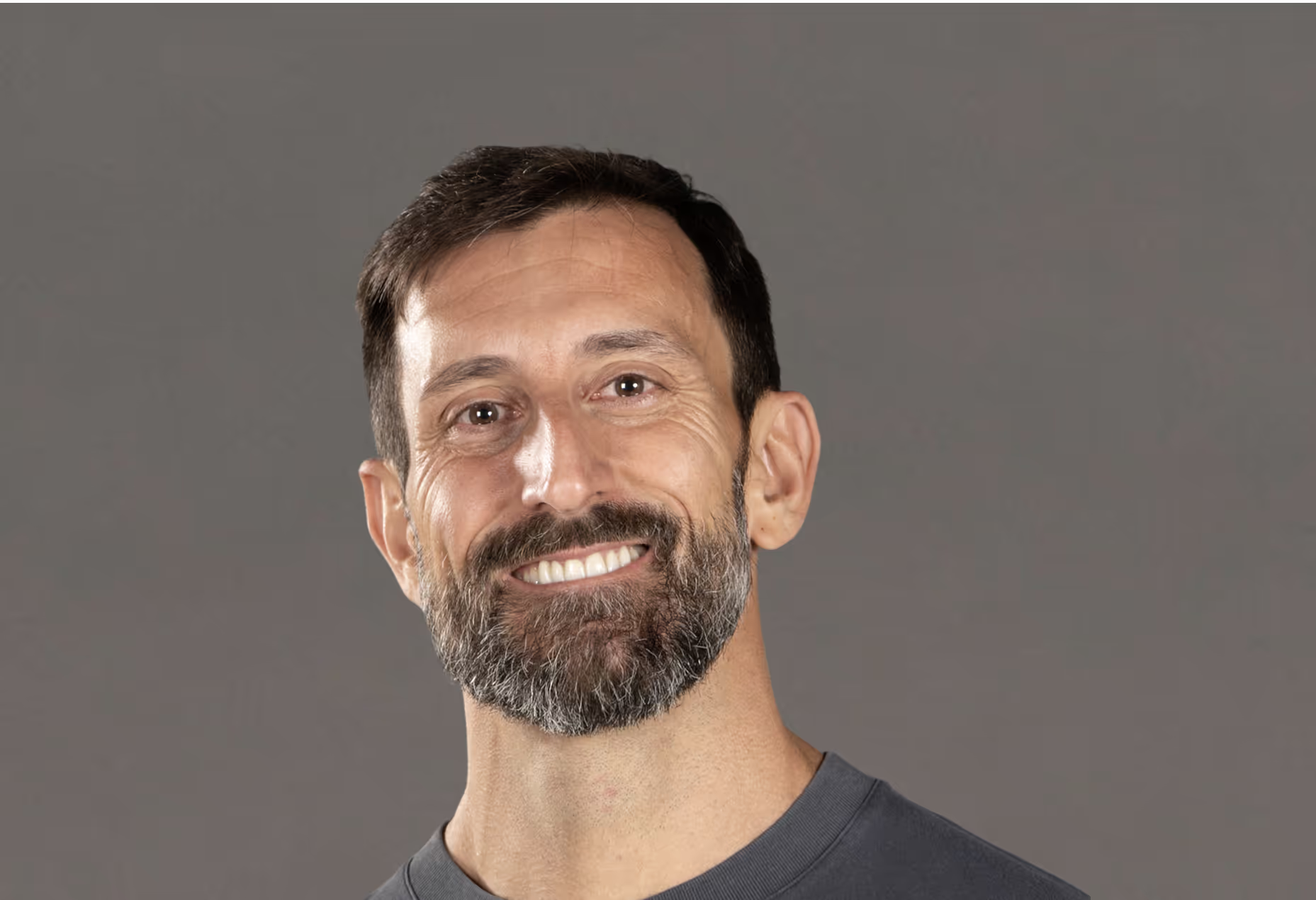
In Conversation with Viren Baid, Co-Founder and Head of Product, VoxGenie AI
We sat down with Viren Baid, one of its co-founders, who also happens to be the Head of Product, to talk about the journey from burning out on redundant calls to building a voice-enabled workforce that’s changing the game. From MVP missteps to surprise praise from users, what follows is a refreshingly honest, insight-packed conversation about building with empathy, chasing clarity, and the occasional inspiration from scam call prank videos (yep, really).
In a world where voice-based interactions are everywhere, be it sales calls to customer support, it’s easy to overlook just how much time we spend saying the exact same things. But what if those repetitive conversations could be handled by an AI that sounds not just human, but helpful, respectful and even a little charming?
That’s exactly the problem the team behind VoxGenie set out to solve.
We sat down with Viren Baid, one of its co-founders, who also happens to be the Head of Product, to talk about the journey from burning out on redundant calls to building a voice-enabled workforce that’s changing the game. From MVP missteps to surprise praise from users, what follows is a refreshingly honest, insight-packed conversation about building with empathy, chasing clarity, and the occasional inspiration from scam call prank videos (yep, really).
Let’s dive in.
Tell us about your journey, what led you to co-found VoxGenie and how did your past shape that decision?
I’ve spent about a decade building products across startups and growth-stage companies, and one pattern that always stood out was how much human time gets spent on repetitive voice interactions, especially in sales, recruitment, and support. I’d seen teams burn out or underperform simply because they were stuck saying the same things over and over. VoxGenie started as a way to automate those conversations while still feeling human. My experience in product and marketing gave me the right mix of empathy and execution muscle to take the leap.
As a co-founder, what was the original problem VoxGenie set out to solve and how has that evolved over time?
We initially built VoxGenie to help founders cold-call leads using an AI voice agent, basically sales outreach on autopilot. But very quickly, we saw broader demand: validating leads, scheduling appointments, collecting information, even following up on debt collections. That’s when it clicked, this wasn’t just about sales. It was about giving companies their own voice-enabled workforce. The scope widened, but the core stayed the same: reduce repetitive talk time, boost outcomes.
From MVP to now, how has your product thinking matured? Any big lessons you’ve learned the hard way?
Oh, many! One hard lesson was overbuilding early on. In our excitement, we added too many features before fully validating user behavior. Now I obsess over user interviews and MVP tests. Another lesson was how important integrations are, we thought people would come for the AI, but they stayed for the easy plug-ins to their existing tools. So now, we prioritize utility over novelty.
What are some non-negotiable principles you follow when building products at VoxGenie?
- Start with friction: The best features are born from real user pain.
- No vanity metrics: If it doesn’t tie back to user value or business outcome, we cut it.
- Build for iteration, not perfection: Launch ugly, learn fast, and improve quickly.
What’s been the most surprising feedback you’ve received from users and how did it influence the product roadmap?
One user told us, “Your bot sounds more respectful and consistent than my human team.” That surprised me, not just because of the compliment, but because it reframed how we thought of trust and tone. After that, we doubled down on creating better personas and style guardrails for our agents.
How do you balance your dual role as co-founder and Head of Product, do those hats ever clash?
All the time! The founder in me wants to chase vision, the Head of Product wants to deliver on time and under budget. It’s a constant negotiation. What helps is having great cofounders who can keep each other grounded and prioritize ruthlessly.
How do you prioritize what features make it to launch, and what gets cut, even when it’s something you personally love?
I use a simple rule: “Is this useful to a paying customers or just delightful to me?” If it’s only the latter, it gets parked.
Looking back, what would you tell your past self on day one of building VoxGenie?
I’d say, “Don’t wait for the perfect pitch or deck. Start building, start testing. Clarity will come through usage, not whiteboarding.” Also: “Sleep more.”
Rapid Replies
What’s one underrated skill every Head of Product should master that most people overlook?
Storytelling. If you can’t inspire people to believe in the roadmap, no one will build it with you.
If VoxGenie were a person, what would their personality type be?
Reliable extrovert, warm, persuasive, always ready with a calendar link.
Which one product decision felt like a gamble but totally paid off?
Not building anything until we sold it. We didn’t write a single line of code until someone agreed to pay for the idea. It felt like a gamble at the time. What if no one bought in? But it forced us to validate real demand and saved us months of development and gave us clarity from day one.
What’s the most unconventional source of inspiration you’ve used for product ideas?
Scam call prank videos on YouTube. Oddly great for studying how voice, tone, and urgency shape convincing conversations.
Describe your leadership style in a hashtag.
#EmpathyOverEgo
(Thank you, Viren, for the thoughtful and inspiring conversation. Your journey with VoxGenie is a masterclass in building with empathy, learning fast, and staying grounded in real user needs. We’re excited to see how your voice-first vision continues to evolve. Until then, we wish you continued success in all your future endeavors!)



.png)

